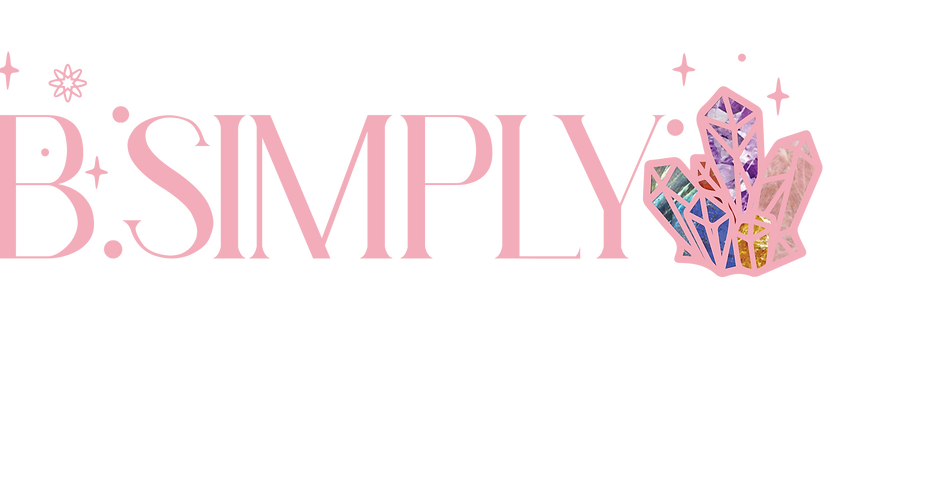Naming the Season of Transition
- Brittany Elizabeth

- Oct 4, 2025
- 3 min read

I can’t remember the last time I shared a true update on my life, so let’s rewind for a moment. Back in 2022, I secured a position as an outpatient community therapist at a local St. Louis mental health agency. Fast forward three years, and here I am—still with that same agency, but now stepping into a new chapter as a Clinical Supervisor and a PhD candidate in Counseling Education and Supervision.
I had been mentally preparing myself for leadership for a month before applying, yet when the offer came, I was still shocked. I had sought leadership before and been turned down. At the time, I told myself “rejection is protection,” but I never lost my interest in stepping into leadership.
Now that I’m here, this transition feels like shedding an old skin. After years of direct client work, I’ve stepped into a role that still calls for it, just far less than I’m used to. You’d think this shift would make me feel lighter, freer. But instead, I’ve wrestled with questions: Do I deserve this free time? Has my worth always been tied to productivity? Is this my past work trauma surfacing, the fear of doing something wrong or losing my job unjustly? Or is it the age-old classic: imposter syndrome?
Imposter syndrome is an unavoidable, irritating S.O.B. that far too many of us know intimately. It doesn’t just whisper doubts, it lights your insecurities on fire. And instead of burning away, those insecurities only fuel the flames, leaving you in a space that feels hot, stuffy, and unbearable.
For me, imposter syndrome has shown up in quiet but sharp ways: feelings of unworthiness, guilt for receiving an opportunity that others may have wanted, guilt for taking up space in a role others expected me not to step into. I even caught myself fearing that no one would care for me, or even like me, in this new role. That everyone was more comfortable when I stayed in the box they had placed me in.
But here’s what I keep reminding myself: I am not responsible for shrinking to make others comfortable. And neither are you.
Sometimes, when we’re empathetic, we can almost over-relate to others’ insecurities or projected negativity. That’s when self-trust and self-awareness become essential, so we can discern what’s ours to carry and what isn’t.
One thing life keeps teaching me is this: each of us has a unique assignment. Our purpose is revealed over time, often through challenges and transitions. If we lean in, do the work, and walk through the hard seasons instead of avoiding them, we gain access to more fulfilling, confident, high-quality lives.
If you’re feeling stuck right now, I want to remind you, be kind to yourself. Patient. Gentle. Offer yourself the same care you would give a dear friend or a child who needed comfort. It might feel awkward at first, but self-compassion is a practice. And the more you practice, the more natural it becomes.
Life isn’t a race. The time we have is a gift, and we deserve to take our time with it. The world will always push us to rush, hustle, or prove ourselves. But as I grow, I’ve realized what matters most is not how quickly I move but how my journey feels in my body and soul.
Transitions are a natural part of life. We don’t have to resist them, we can radically accept and adjust. That doesn’t mean it’s easy. But it does mean it’s both necessary and possible.
Anchors for Transition
This month, I’m inviting you to ground yourself with these anchors:
Pause & Reflect – Honor the endings before rushing into the new beginnings.
Name Your Doubts – Write down imposter thoughts so they lose their silent power.
Find Anchors – Lean into practices, people, or routines that keep you steady.
Trust the Assignment – Even if it feels uncomfortable, trust that this shift is intentional.
If anything resonated with you or you connected with anything, leave me a comment, like or connect with me and share a piece of your story!
Until next month, be well, be gentle, and be Simply you.





Comments